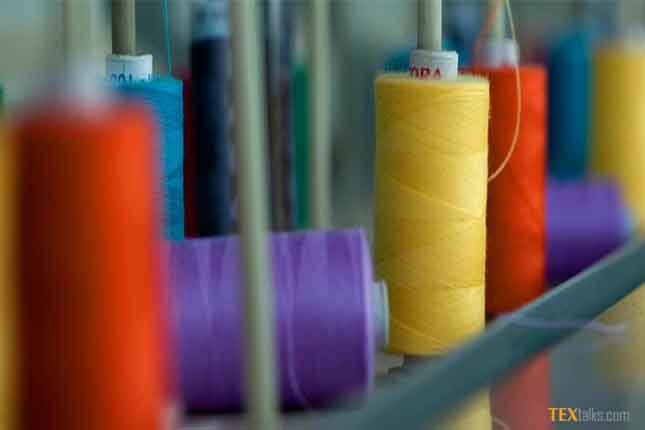In the massive blow to exports, Pakistan had lost a prominent percentage of shares for textile exports in the global market. With a loss of about 23%, from 2.2% to 1.7%, the situation is raising questions for the trade and economic policy makers and the government of Pakistan. It also unfolds the latest arrangement on the restoration of sustainability and growth of the textile industry, prepared by APTMA.
“The investment in textile and clothing massively declined by 44% in 2016-17 on account of which, the country’s textile production capacity has got impaired by 30-35% due to which 150 industrial units have become non- functional resulting in 30% unemployment. More shockingly, the textile industry of Pakistan lost 15 percent technological edge advantage over competitors.” With the non-performance of the textile sector of Pakistan, due to the highest cost of doing business in the region, Pakistan is facing a very high trade deficit of $35.609 billion and the external deficit has swelled to $16.305 billion.
In this manner, APTMA, a number of times have discussed and clearly mentioned how the regional competitors are performing better than Pakistan. It showed how the Vietnam has been ranked first by showing a growth of about 107% in textile and clothing exports, followed by Bangladesh with the growth of 64% in the exports. Likewise, India has shown a growth of 31% and Sri Lanka with 20% growth whereas; Pakistan is still in the red zone with a negative growth of 11%.
APTMA also pointed out the government by saying that the bilateral trade agreements meaning by that free trade agreement (FTAs) finalized with various countries is faulty and failed to provide the level playing field to the real stake holders, and export- oriented industrial sector. The defamed law and order situations in Pakistan had also lead to the limited militant activities and stopping the investors to visit Pakistan. Though in recent years the situations are improved there is a need to take steps at the governmental level to change the perception of Pakistan around the world so that more buyers and investors can visit Pakistan.
The presentation also revealed that the PM export lead growth package has gone reversed as the shortage of cotton-3.8 million bales, 4% customs duty and 5% sales tax has been re-imposed. Further mentioned were the energy costs that are more than 30% of the overall conversion cost in weaving, spinning and the processing industry. The electricity tariff is 50% higher than the regional competitors while that of the gas tariff is 100%. Another important highlighted point here was the various add-ons including the UFG, GIDC, and cost of supply.
While talking to the media the Chairman of APTMA, Aamir Fayyaz demanded for the zero rating of the textile raw materials, reductions in cost of doing business, resolution of the liquidity issues, and filling up the policy implementations dividing immediately to ensure restoration of the industry’s viability and revival of the export potential of the country.
Mr Fayyaz further said that the high cost of doing business, shortage of liquidity, the ongoing policy-implementation divide and realization of only Rs03 billion out of Rs180 billion textile packages are a few major concerns of the industry at present. “The viability of the textile industry has been eroded fast but the government was not able to pay the required amount of attention to it” he added. With an emphasis, he said that the earliest revival, as well as the growth of the textile industry, is a must to navigate the jolting textile industry towards being a better and stable competitor in the market. He also highlighted the terrifying state of affairs in the industry by saying that the production capacity of the textile industry of Pakistan has been impaired by 35% across the value chain. Textile exports have declined by 11%, its global market share has reduced by 23%, investment in the sector has dropped by 17% and 30% of the unemployment has already been redundant.
For seeking revival and growth of the textile industry and to enable the industry to increase its production, exports and employment in broader economic interest, Mr Fayyaz demanded complete realization of Rs 180 billion textile package announced by the PM in the starting month of 2017. Duty/tax-free import of cotton and polyester staple fibre, liquidation of all outstanding refunds of sales tax, withdrawal of all electricity surcharges, the supply of RLNG at Rs400/MMBTU and strengthening of domestic commerce through tariff/non-affiliated measures to counter informal trade and dumped imports.



